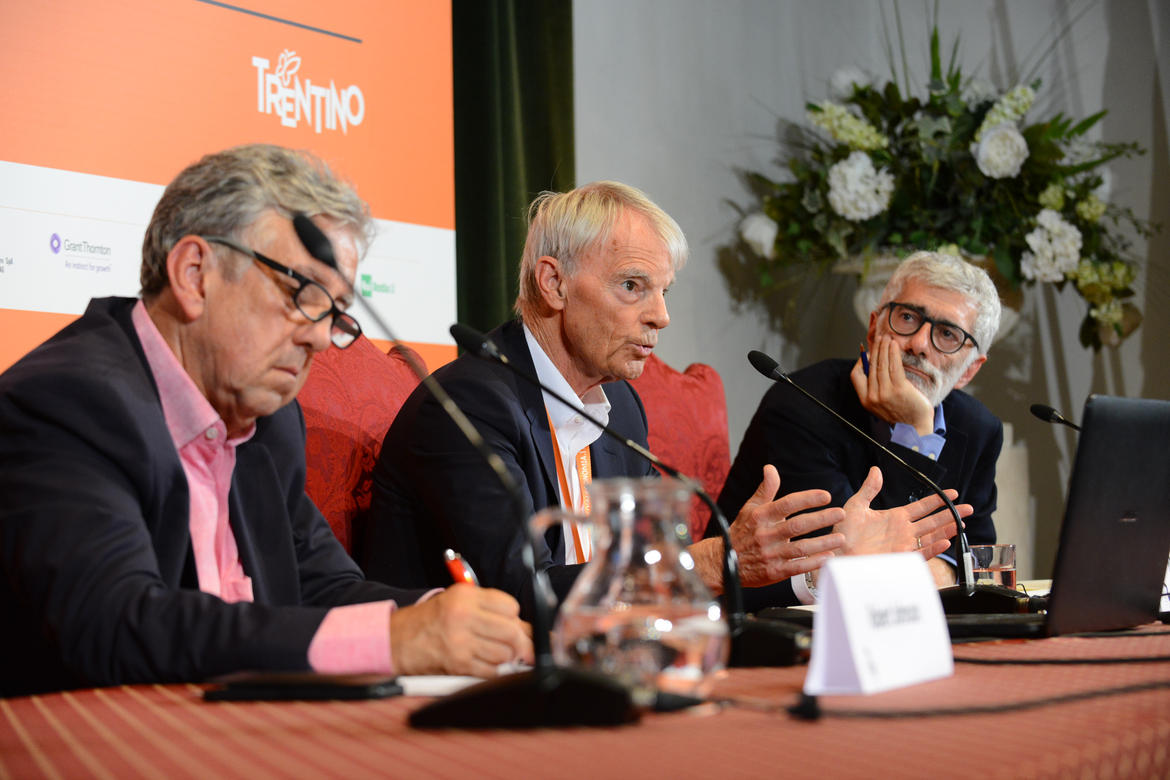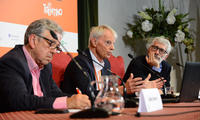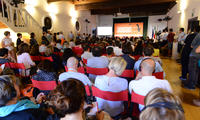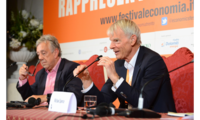
In one of Sunday's afternoon sessions Michael Spence and INET President Robert Johnson delivered a lecture on the role expertise plays in governance. Spence, a Nobel laureate in 2001, began the discussion by highlighting the challenges that experts still face even when they are actually rightfully consulted. He listed several examples.
First, Spence mentioned the variety of viewpoints in various fields. When there is only one viewpoint, there is nothing else to choose from. However, experts do not always all agree with each other. He specifically was linking this to actions taken by stakeholders when rightfully consulting experts. Often times, experts will be chosen to testify or speak based on whether or not their viewpoints match those of the stakeholder- often a government or lawyer. To Spence, the system is skewed and doesn't help the current situation that is unfolding.
Spence continued by mentioning the struggles of the public to distinguish an expert from an advocate. He specifically cited the recent rise and role of social media in this issue. Johnson argued that the rise in advocacy comes from the fears of the general public. "When people are fearful of something, they seek answers. In order to put these people's fears to rest, others step up to calm them."
Spence added that if experts make a mistake, they must be careful to not fall into the advocacy category- as their claims could change the rightful balance of information distribution or their status as an 'expert'.
Political opportunism was probably the focal point of Spence and Johnson's lecture. Politicians, political groups, interest groups, lobbyists and numerous stakeholders are constantly trying to use experts, groups of people, money and other methods to advance their own political interests. To Spence, these interests are often the continuations of politicians own political careers. Johnson said, "in the end, it's all about politics."
However, Spence and Johnson agreed that there were some examples of experts and fields of expertise that have successfully managed to achieve the delicate balance of maintaining expertise and not falling into the firestorm of advocacy or amateur expertise that is on the rise today. The duo pointed to climate change scientists who have done a good job of providing the clearest facts they possibly can on an issue that is extremely complex and the left advocacy work to others.
In some cases, experts are also decision makers. Spence cites central banks as a prime example. People working in these institutions have to have a certain expertise and experience level because its political and economic implications are so high. They are, according to Spence, "a good balance of expertise and accountability."
To conclude, Spence calls for humility among experts. "Just because you are an expert in one field doesn't mean you are an expert in another," he said. He continued by recalling an example of someone seeking American economists' signatures on an anti-Brexit document- a political issue upon which he feels many of them, including himself, are not qualified to take such an action against. "People need to know when to say 'I don't know'"
Website: https://2019.festivaleconomia.eu/home
Twitter: https://twitter.com/economicsfest
Facebook: http://www.facebook.com/festivaleconomiatrento
Instagram: https://www.instagram.com/festivaleconomia/










